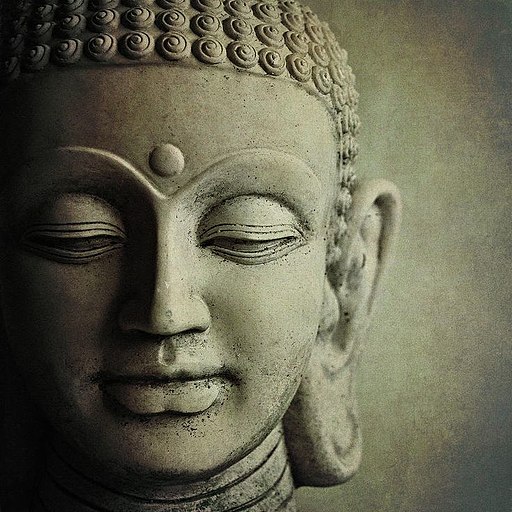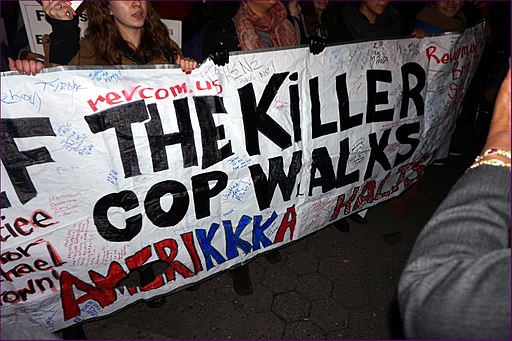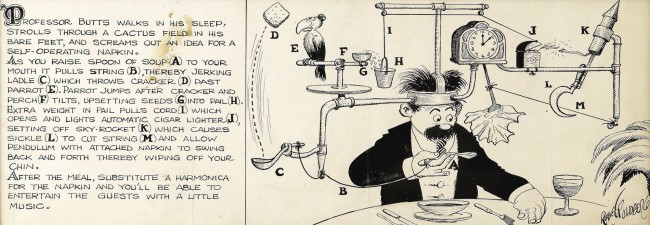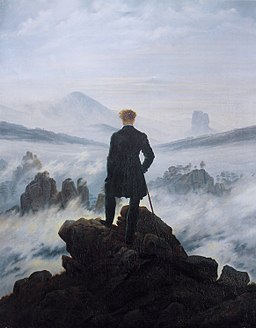Want Is the Cause of All Suffering
The title of this post is a paraphrase of the Buddha’s Second Noble Truth, which states that desire and ignorance are the causes of suffering. The paraphrase states something similar in a different way because of the two meanings of “want” in English. “Want” can mean desire or greed, because it goes beyond “need” into territory destructive both to the wanter and to the ones from whom the wanter takes. “Want” can also mean a lack of things mental or physical to meet one’s needs. The haves and have nots, with the greed of the haves causing suffering for the have nots.
As the population of the world continues to grow past 7 billion toward an estimated 10 billion by mid-century, agronomists are hard at work figuring out how to feed all those people. One school of thought has it that the current agricultural system is no system, and therefore is inherently inefficient, requiring more central planning to efficiently allocate resources and achieve economies of scale for each crop throughout the world. Another school of thought has it that large scale agriculture is destructive of the environment and ultimately leads to worse yields as soil health declines, and forces farmers to become dependent on a capricious international financial cartel rather than building local networks they can rely on in bad times.

A sculpture of Lord Buddha. Photo by Priyanka250696.
A segment of the 1992 film Baraka, directed by Ron Fricke. Music for the film was composed by Michael Stearns, while this portion, a song called “The Host of Seraphim”, was written and performed by Dead Can Dance, an Australian duo comprising Brendan Perry and vocalist Lisa Gerrard.
The spiritual and ethical systems in place around the world help redress some evils, but they have not been enough. The more populous the world becomes, the greater the economic inequities, like a pyramid growing ever larger but retaining the geometric relationship of its parts. Any person who gets in at the top of a Ponzi scheme knows that the wider the base of the pyramid, the greater the wealth accruing to those at the top. Two thirds of the world’s adult population lives on less than $10,000 per year, which is poverty level in the United States, where the threshold for one adult is about $12,000. Economic standards differ throughout the world, of course, but it’s a good guess that getting by on less than $10,000 per year anywhere in the world does not leave room for addressing anything much beyond basic needs.
There’s food enough for everyone, though the poor can’t afford to buy their share. There’s food enough for everyone, though the wealthy have no interest in sharing what they don’t need. Growing more food won’t solve the problem, only maintain the status quo as population increases. In the current economic system, the haves will always have and will have even more as more people come into the world, while the have nots will have to make do with less no matter how much food is out there, always out of their reach. The problem is one of spiritual and ethical guidelines existing separately from and in parallel to a corrupt economic system that benefits only a privileged few, rather than informing and guiding that system for the benefit of all.
― Izzy 








